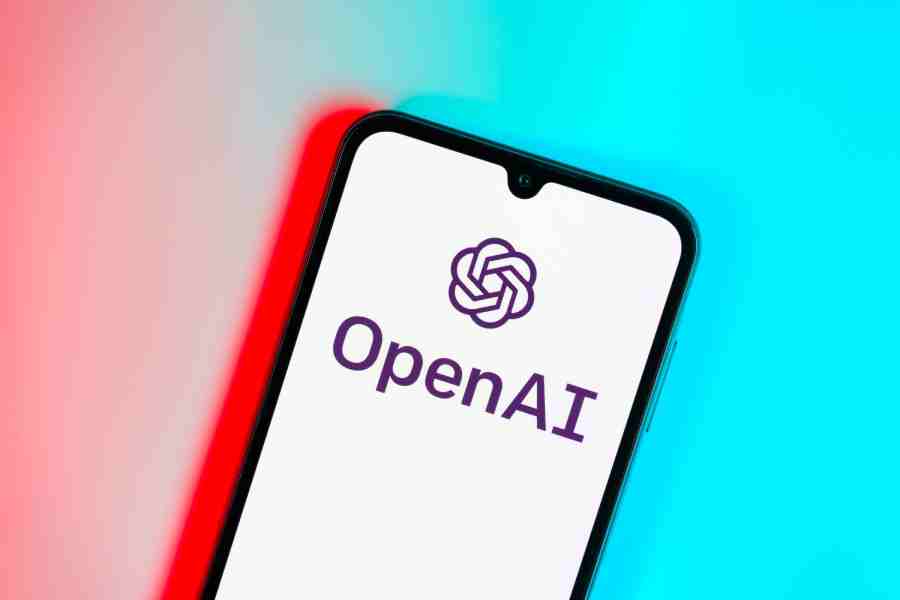OpenAI is positioning itself as the new gateway to the Internet with the global launch of its web browser, Atlas — a product that could, at least in theory, bypass Google entirely.
Until now, ChatGPT has lived inside a tab on whichever browser users preferred, requiring them to visit the site each time they had a query. Atlas changes that. The chatbot is built directly into the browser’s interface, allowing users to ask questions and generate summaries alongside whatever they are viewing on their screens.
This marks OpenAI’s first full-fledged browser product. In January, the company introduced Operator, a browser-based agent designed to automate routine online tasks such as filling out forms. Atlas, by contrast, aims to redefine the browsing experience itself.
“We think that AI represents a rare, once-a-decade opportunity to rethink what a browser can be,” said Sam Altman, OpenAI’s chief
executive.
Each time a user visits a website in Atlas, an Ask ChatGPT sidebar appears. They might, for instance, open an article on a new scientific discovery and prompt ChatGPT to summarise it, or pull up a recipe and ask the AI to order ingredients online.
With Atlas, OpenAI is entering a crowded and fast-evolving field dominated by Google and Perplexity, both of which are competing for AI-browser dominance. Perplexity released its Comet browser earlier this year, positioning it as a personal assistant that can act as a personal assistant, automate tasks, research the web and organise your email. Google, meanwhile, has been weaving its Gemini AI directly into Chrome. Microsoft, OpenAI’s largest financial backer, also rolled out an AI Copilot Mode in its Edge browser in July.
The launch underscores OpenAI’s ambitions to expand beyond the 800 million people who use ChatGPT each week and to find new ways to monetise free users. Earlier this month, Altman said the company would permit a broader range of content, including erotica, on its chatbot platform, describing it as an effort to “treat adult users like adults”.
Owning a browser also gives OpenAI something it has been aiming for: A direct relationship with users. Many currently access ChatGPT through browsers controlled by Google or Microsoft. With permission, ChatGPT in Atlas can draw from a user’s web history to provide more personalised answers and suggestions.
Investors have taken notice. Following the announcement, Google’s shares fell slightly on Tuesday, reflecting concerns that OpenAI’s move could erode Google’s dominance in both search and browser markets.
Atlas makes its debut first on macOS, with support for Windows, iOS, and Android expected soon. OpenAI says the browser will be available to all users, including those on the free tier.
In The Telegraph’s testing, AI-generated summaries were occasionally slow to appear, even with a paid ChatGPT Plus account. Web pages loaded slightly slower than on Safari or Chrome.
In a recent win for Google, a federal judge in September ruled that Google won’t have to sell the Chrome browser. Despite competition, Google Chrome has held its leadership position, with 71.9 per cent market share in the global browser market in September, according to StatCounter.
More than a decade ago, Google did something similar when it introduced Chrome — it integrated the browser with its search engine so that users were less likely to use browsers from competitors.
An open letter calling for the prohibition of the development of superintelligent AI was announced on Wednesday. It contains signatures of more than 700 celebrities, AI scientists, faith leaders, and policymakers, including AI pioneers Yoshua Bengio and Geoffrey Hinton; Steve Wozniak, co-founder of Apple; Steve Bannon, a close ally of President Donald Trump; Paolo Benanti, an adviser to the Pope; and even Harry and
Meghan, the Duke and Duchess of Sussex.











